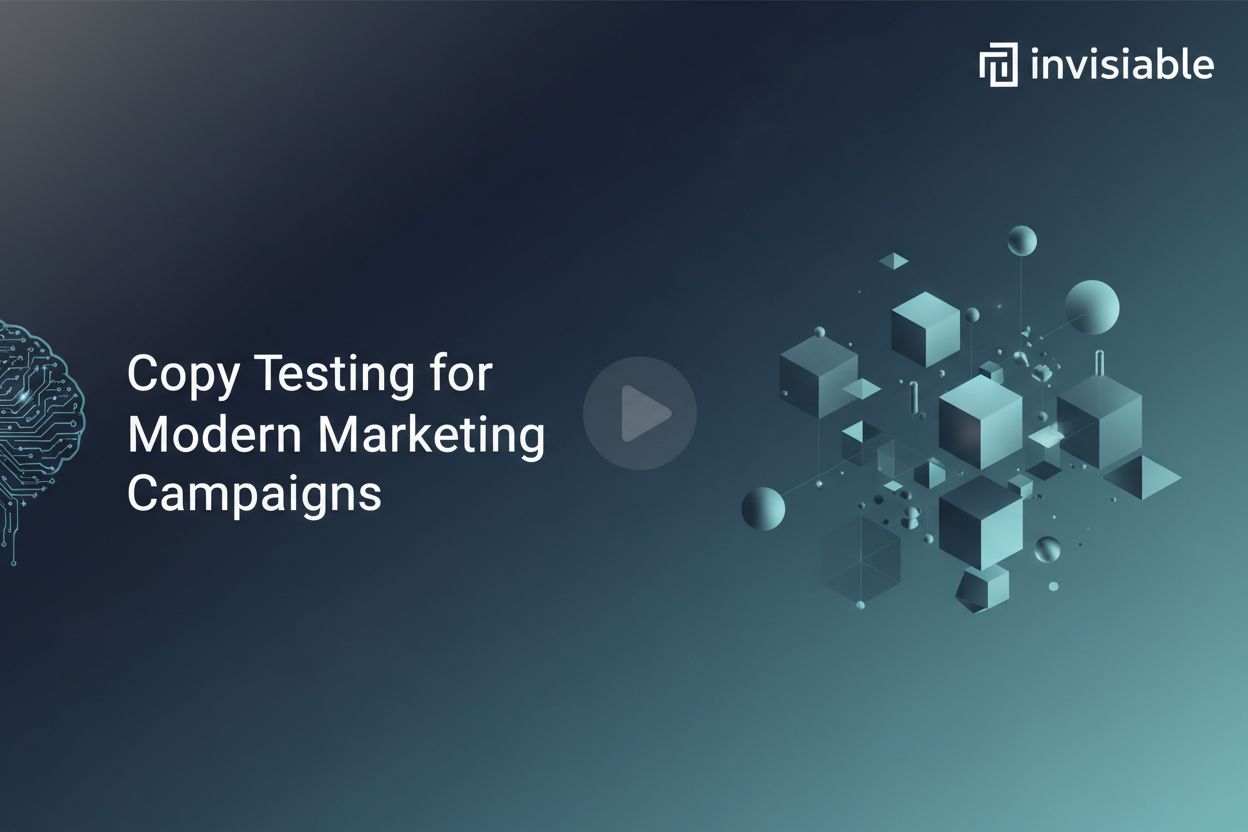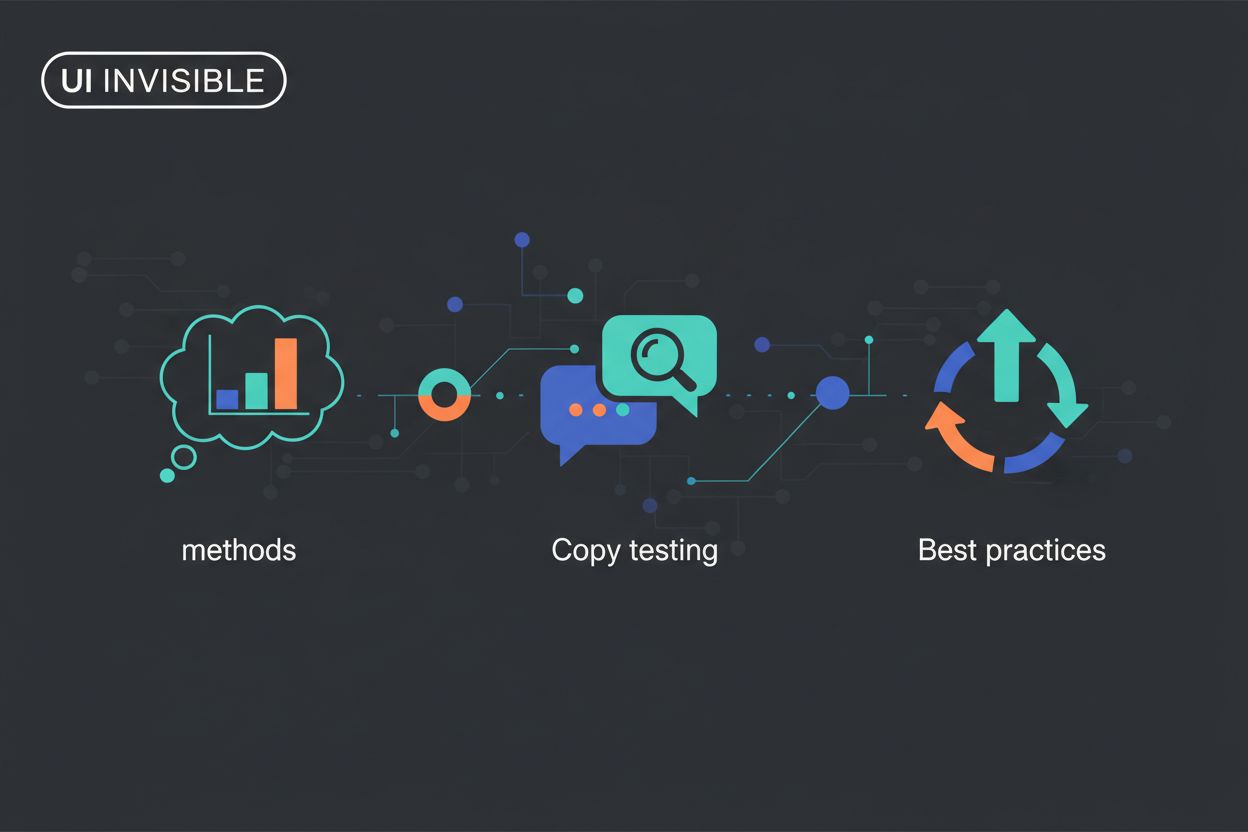Navigating Content Authenticity Detection in the Age of AI: A Marketer's Guide
TL;DR
The Rising Importance of Content Authenticity in Marketing
Is that content real, or ai-generated? That question is now top of mind for marketers. As ai tools become more sophisticated, distinguishing between authentic and synthetic content grows increasingly difficult.
Erosion of trust: Consumers may distrust marketing content if they can't verify its origin, because they worry it might be misleading or even intentionally deceptive.
Brand reputation: Companies risk damaging their brand if they unknowingly publish ai-generated disinformation, which can quickly erode customer loyalty and public perception.
Transparency: Showing consumers how content was created is becoming really important for building and keeping trust.
Search engine algorithms: Search engines prioritize original, human-created content, and they're getting better at spotting ai-generated text that might lack originality or depth.
Penalties: Sites risk penalties for duplicate or ai-spun content, meaning search engines might lower their rankings if they detect too much unoriginal or machine-generated material.
Unique value: Unique content improves search engine ranking, as it signals to search engines that you're providing fresh, valuable information.
Copyright: Marketers must avoid copyright infringement and plagiarism, which can lead to legal trouble and damage to their reputation.
Disclosure: Disclose ai-generated content to maintain transparency and honesty with your audience.
Ethical guidelines: Implement responsible ai practices to ensure your marketing efforts are both effective and ethical.
As ai-generated content proliferates, content authenticity detection becomes vital. The Content Authenticity Initiative (CAI) develops open-source tools that support a broad range of content creation. Content Credentials serve as a nutrition label for digital content, showing its origins.
Methods and Tools for Content Authenticity Detection
Ai-generated content is everywhere, but how do you tell what's real? Luckily, marketers have several methods and tools to detect content authenticity.
Several ai content detectors exist. Each has different strengths. For example, Copyleaks offers an enterprise solution to verify if content was human or ai-generated.
- Accuracy rates: AI detection tools boast high accuracy, with some claiming over 99% accuracy in identifying ai-generated text, though it's always good to be a bit skeptical.
- Language support: Many tools support multiple languages, making them versatile for global marketing teams who work with diverse content.
- Integration: These tools integrate into existing workflows, for instance, some offer browser extensions for quick checks right when you're browsing.
The following diagram illustrates a common workflow when utilizing ai detection tools to assess content authenticity:
The Content Authenticity Initiative (CAI), mentioned earlier, promotes transparency through Content Credentials. These act as a "nutrition label" for digital content, showing who created it and how.
- C2PA standards: The CAI uses standards from the Coalition for Content Provenance and Authenticity (C2PA), which is a group working to establish industry-wide standards for content authenticity.
- Implementation: Implement Content Credentials in creation tools to embed provenance data directly, making it part of the content from the start.
- Display: Display Content Credentials on published content so consumers can verify its origin and understand its journey.
Even without special tools, you can spot ai-generated content.
- Patterns: Look for repetitive phrasing, a lack of genuine emotion, or overly formal language. Ai often writes in a consistent, unemotional tone that can feel a bit robotic.
- Metadata: Analyze metadata for clues about the content's origin, like creation dates, software used, or author information, though this can sometimes be stripped or faked.
- Cross-referencing: Verify information for accuracy by checking it against multiple reputable sources. Ai can sometimes generate false or misleading details, so a quick fact-check is always a good idea.
By combining these methods, marketers can better ensure content authenticity, protect their brand, and maintain consumer trust.
Strategies for Maintaining Authenticity in Your Marketing Content
It's a new marketing landscape. Ai is here, and it's changing how we create and consume content. How can marketers ensure their content remains authentic and trustworthy?
Start by defining clear guidelines for ai use. A well-defined policy outlines acceptable and unacceptable uses of ai in content creation. For example, you might allow ai for research but not for generating final copy.
Establish a review process. Every piece of content should undergo review to ensure it aligns with your brand's voice and values. Train your content creators on ethical ai practices. Educate them on transparency, disclosure, and the importance of maintaining a human touch.
Use ai for research and brainstorming, not full content generation. Ai excels at data analysis and identifying trends, but it lacks the emotional intelligence needed for compelling storytelling. It struggles to grasp the subtle nuances of human emotion and the lived experiences that make stories relatable and impactful. Emphasize the human voice and storytelling in your content; human experiences create authentic connections with your audience.
Ensure all content aligns with brand values and audience needs. Authenticity stems from understanding your audience and delivering value that resonates with them.
Be transparent with your audience about ai use. Disclose when ai tools contribute to content creation. Clearly label ai-generated content when appropriate. Transparency builds trust and shows respect for your audience’s intelligence.
Building trust through honesty and openness is key. In a world of ai, authenticity becomes a valuable differentiator.
As ai continues to evolve, content authenticity will remain a critical focus for marketers. By implementing these strategies, you can maintain trust, protect your brand reputation, and deliver content that truly resonates with your audience.






